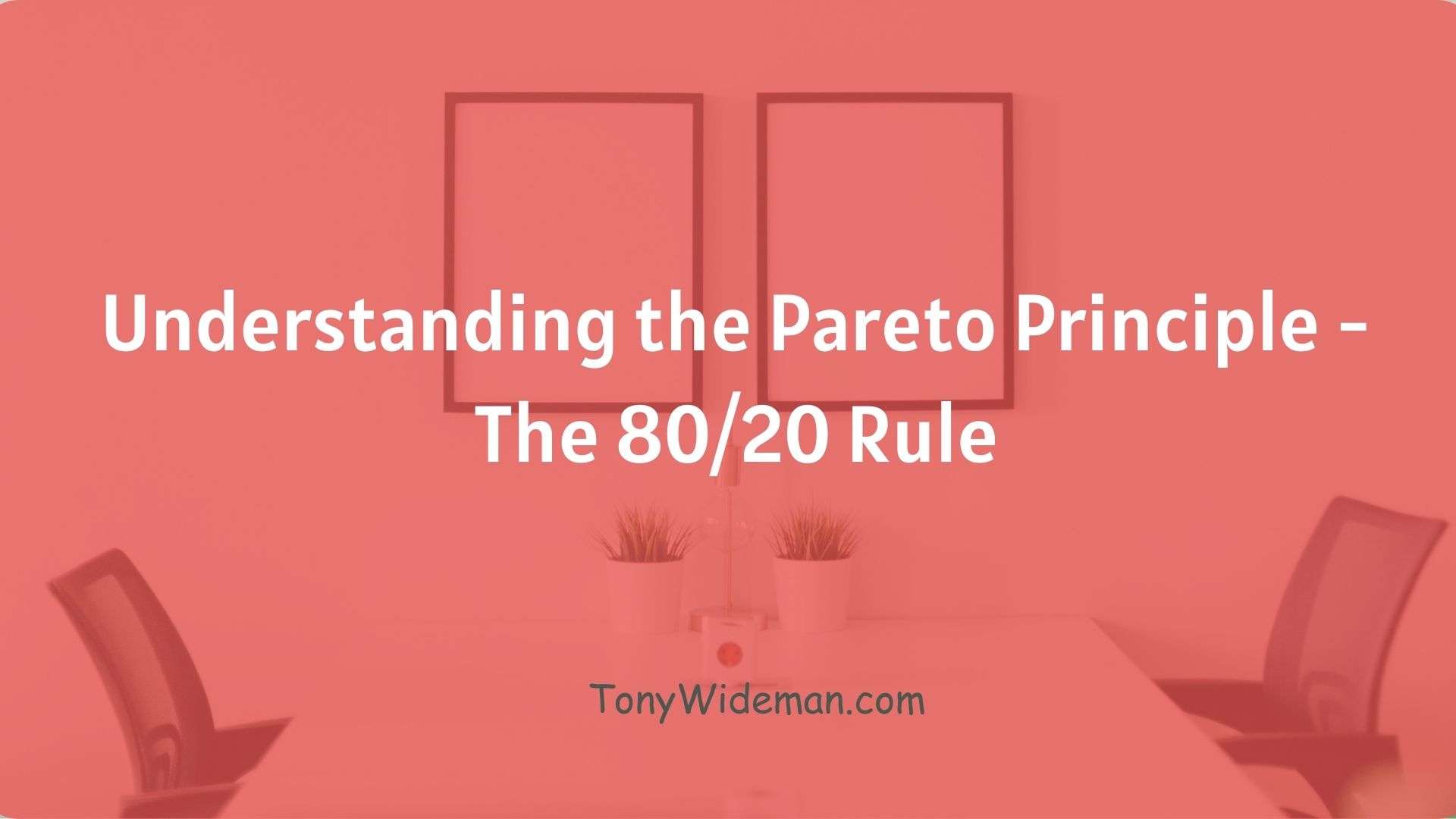Minimalist Lifestyle Advice Saving Money Using These Simple Tips
Living a minimalist lifestyle can be a transformative experience that not only helps you declutter your physical space but also allows you to save money and live a more fulfilling life.
In this post, we will explore advice saving money, practical tips, and strategies for embracing minimalism while maximizing your financial well-being.
By implementing these simple yet effective practices, you can take control of your finances, reduce unnecessary expenses, and achieve greater financial freedom.
1. Understanding Minimalism
Defining Minimalism
Minimalism is a lifestyle choice characterized by the intentional reduction of possessions and a focus on experiences, relationships, and personal growth.
It encourages individuals to eliminate clutter, simplify their lives, and prioritize what truly matters to them.
Benefits of Minimalism
Minimalism offers various benefits beyond financial savings. It promotes mental clarity, reduces stress, and allows for a greater appreciation of the present moment.
By freeing ourselves from the burden of excess belongings, we can create more space for meaningful experiences and personal fulfillment.
2. Assessing Your Expenses
Identifying Essential Expenses
Begin by evaluating your monthly expenses and categorizing them into essential and non-essential items. Actual expenses include housing, utilities, groceries, and transportation. These are the necessary costs for maintaining a basic standard of living.
Eliminating Non-Essential Expenses
Once you have identified your essential expenses, scrutinize the non-essential ones. This may include subscriptions, dining out, impulse purchases, or excessive entertainment expenses.
Cut back on or eliminate these non-essential expenses to free up funds for your financial goals.
3. Simplifying Your Living Space
Decluttering and Organizing
Start decluttering your living space by going through each room and identifying items you no longer need or use.
Donate or sell these items to reduce clutter and create a more visually appealing environment. Organize your remaining belongings in a way that is both functional and aesthetically pleasing.
Adopting a “One In, One Out” Rule
To maintain a clutter-free living space, implement the “one in, one out” rule. For every new item you bring into your home, commit to removing an existing item.
This practice ensures that your possessions remain manageable and prevents unnecessary accumulation.
4. Embracing Frugality
Buying with Intention
Before making any purchase, consider whether it aligns with your values and needs. Avoid impulsive buying and carefully evaluate whether the item will truly enhance your life.
By adopting a more intentional approach to purchasing, you can save money and avoid accumulating unnecessary possessions.
Prioritizing Quality over Quantity
When buying new items, focus on quality rather than quantity. Investing in well-made, durable products may require a higher upfront cost, but they often last longer and save you money in the long run.
Quality over quantity also applies to experiences, prioritizing meaningful activities over superficial ones.
5. Meal Planning and Grocery Shopping
Planning Meals in Advance
Meal planning is an excellent way to save money and reduce food waste. Set aside time each week to plan your meals, create a shopping list, and buy only the necessary ingredients.
This practice minimizes impulse purchases and ensures you make the most of the food you buy.
Shopping Smartly and Avoiding Impulse Buys
When grocery shopping, stick to your list and avoid unnecessary purchases. Compare prices, opt for generic brands when possible, and take advantage of discounts and loyalty programs.
Additionally, consider buying in bulk for commonly used items to save money over time.
6. Reducing Entertainment Costs
Exploring Free or Low-Cost Activities
Entertainment doesn’t have to be expensive. Look for free or low-cost activities in your community, such as outdoor concerts, art exhibits, or hiking trails.
Take advantage of public libraries, which offer a wide selection of books, movies, and educational resources at no cost.
Utilizing Subscription-Sharing Services
Consider sharing subscription services with family or friends to reduce costs. Many platforms allow multiple users to access an account simultaneously.
By splitting the subscription fees, you can enjoy your favorite shows, music, or software without bearing the total cost alone.
7. Practicing Mindful Spending
Mindfulness in Purchasing Decisions
Practice mindfulness when making purchasing decisions. Ask yourself if the item is truly necessary and brings long-term value to your life.
Reflect on the impact of each purchase on your financial goals and overall well-being. By being mindful, you can avoid impulsive and regretful spending.
Delaying Gratification for Non-Essential Items
For non-essential items that catch your eye, consider delaying the purchase. Implement a waiting period, such as a week or a month, to assess if you still desire the item after the initial impulse fades. Often, you’ll find that the urge to buy diminishes, saving you money in the process.
8. Maximizing the Sharing Economy
Borrowing Instead of Buying
The sharing economy offers various opportunities to borrow or rent items instead of purchasing them outright.
Platforms like peer-to-peer lending libraries, tool-sharing programs, or car-sharing services provide cost-effective alternatives to ownership. Utilize these options to minimize expenses and reduce clutter.
Renting or Sharing Resources
In addition to borrowing, consider renting or sharing resources that you only need temporarily. This includes equipment for DIY projects, vacation rentals, or co-working spaces.
By sharing expenses with others, you can access the required resources without shouldering the full cost alone.
9. Cultivating Contentment
Shifting Focus from Material Possessions
Minimalism emphasizes the pursuit of contentment beyond material possessions. Focus on cultivating gratitude and appreciating the non-material aspects of your life, such as relationships, experiences, and personal growth.
By valuing these intangible aspects, you’ll find that the desire for excessive material possessions diminishes.
Finding Joy in Experiences and Relationships
Redirect your attention to experiences that bring joy and fulfillment. Engage in activities that align with your passions and interests, invest time in nurturing relationships, and prioritize self-care. By shifting your focus, you’ll discover that true happiness doesn’t rely on material abundance.
10. Conclusion
Embracing a minimalist lifestyle can be a powerful tool for saving money and finding greater fulfillment in life.
By assessing your expenses, simplifying your living space, embracing frugality, and practicing mindful spending, you can achieve financial freedom and a more meaningful existence.
Remember that minimalism is a journey, advice saving money and small steps taken consistently can lead to significant positive changes in your life.
Frequently Asked Questions (FAQs)
- How can minimalism help me save money?
By adopting a minimalist lifestyle, you can reduce unnecessary expenses, eliminate clutter, and prioritize what truly matters. This shift in mindset allows you to save money and invest in experiences and relationships instead of material possessions.
- Is minimalism only about decluttering physical possessions?
While decluttering is an essential aspect of minimalism, it goes beyond physical belongings. Minimalism encompasses simplifying various aspects of life, including finances, relationships, and mental clutter, to create a more intentional and fulfilling existence.
- Is minimalism suitable for families with children?
Absolutely! Minimalism can benefit families by promoting a more organized living environment, reducing stress, and encouraging quality time together. It teaches children the value of experiences over material possessions and fosters a sense of contentment and gratitude.
- Can I still enjoy hobbies and interests while embracing minimalism?
Yes, minimalism doesn’t mean eliminating hobbies or interests. Instead, it encourages you to focus on the activities that truly bring you joy and align with your values. By decluttering and prioritizing, you can create space for the hobbies and interests that matter most to you.
- How long does it take to transition to a minimalist lifestyle?
The transition to a minimalist lifestyle varies for each individual. It’s a personal journey that requires time, self-reflection, and consistency. Start by taking small steps, decluttering one area at a time, and gradually implementing minimalist practices into your daily life.
[adrotate group=”12″]
[adrotate group=”9″]
.







Your website is so helpful! Thanks for sharing all the tips! I especially liked the info about how to repair your own clothing. I need to get better at doing that. And the 10 second and 30 day rules are good, too. Often, I need to just take a little time to rethink my first impulse to buy something. If I wait, I usually decide I don’t actually need it and thus save money! 😀 Also, I definitely need to get an insta-pot!
I go through my closets a lot and donate clothing to Goodwill. Do you know if it’s worth it to list that on my taxes to save money?
Thank you!
I like your topic! It is really important to think smart before buying things that are not really needed. I do apply some of the tips you have here to myself. I always make a list of what to buy. When I see something that I like and it is not in the list, I always ask myself if I need it. Great tips and great post.
Thanks for your comment Pecilla. A list is a great place to start to avoid returning home and have no place to put all of the stuff purchased. LOL.
Not really, no one should feel insulted by reducing spending on meat, because if you don’t have a solid savings plan then how do you invest? And if you’re not investing your money into the right businesses, how are you going to retire early in life? All of these tips in your article seems very long but the in real sense, they are things that one need to consider in order to gain financial freedom.
Thanks for your comment Autofreak. I agree saving money and investing is something almost everyone should be doing.
Some time financial freedom can be attained by curtailing your wants. Almost all of us have everything we need and many of our wants.
I love these tips! I had not thought about the 30 day rule. I do have some things in the back of my head that I “want”. Would jotting them down and waiting the 30 days still be similar? I try to live frugal, but I see there are some things I can do to be even more so. I know that when I go grocery shopping, I go to the grocery store…not WalMart or Target. I find myself purchasing things I don’t need at these two stores or things definitely not on my list.
Thanks for your comment Matt’s Mom. I agree the 30 day is a good one. Everyone could modify the days to fit their needs.
Shopping at a regular grocery store instead of Wal-Mart or Target to avoid overspending and returning home with extra junk is Genius! The new rule, I love it 😉
Thanks for the great article. My wife and I have always been very interested in finding ways to save money, and many of the things you listed are things we already do. We are not big impulse buyers and we plan for meals a month in advance! One thing we could improve upon is being more minimalist in the amount of stuff we keep around. It is hard to let go of some things, especially if you are thinking they may have a use in the future, but all it does is add to the clutter and add to the frustration! I will look to implement some of the suggestions you made that I hadn’t thought of before!
Thanks for your comment, Steve. Sometimes having a clutter-free tranquil place to retreat to is more important than saving money.
You know the feeling just after the house and yards are cleaned from top to bottom?
The floors, countertops, and tables are clean and clear. My goal is to declutter my possession to the point where it is easy to achieve that feeling every day. LOL.
I hope you and your wife achieve your goal.
Wow, you have so many good ideas for saving money!I really need to do a little de-cluttering I know. When I find items that I no longer want or need, eg clothes, if they are in reasonable condition I usually put them up for sale on Ebay. It is surprising how much extra cash you can make by doing this. Even if you don’t get much per item, selling several items soon mounts up. `Where do you sell yours?I do agree that you can save money by eating a little less, and you will be more healthy at the same time, especially if you no longer waste money on sugary drinks, etc.Many thanks for a great article Chrissie 🙂
Thanks for your comment Chrissie Spurgeon. EBay is a great place to recycle and give new life to items you no longer use.
I hate to say my clothes live a hard life and cannot be resold. LOL. They end up as cleaning rags, donated and yes some end up in the trash ;-(
Thank you for the very practical money saving tips in this post. I particularly like the 10 second rule. It is good to stop and think, do I really need this. This also applies to impulse buying of digital and physical products online. It is so easy to get caught up in all the advertising hype and fall victim to a purchase you did not need. I am a bit of a sucker for some digital products which have me believing I can make x amount of dollars if only I have this or that program or plug in.
Making a shopping list is always good advice. We live 40 kilometers from town and if I don’t have a list I might forget something important I needed and then have to make another trip. The other reason for a list is that it reduces the risk of buying things you do not need.
You have made a comprehensive list of money saving tis and ideas for minimalist living. Thank you for all the thought involved and for sharing. I will be adopting some of these.
hey Tony, first let me say two things. Great article here and it is an honor and a privilege to find this post and comment on it especially after reading your profile on your site. I really enjoyed reading your post as it offers up some great, practical tips on how to live a minimalist life. Yes, it is true, we, the consumer are beset on all sides with the spend, spend, spend encouragement in advertising. When you live a rural or remote lifestyle it’s easy to see how little we need to survive.Great work here in countering the mass consumer cycles forced upon us.
Not really, no one should feel insulted by reducing spending on meat, because if you don’t have a solid savings plan then how do you invest? And if you’re not investing your money into the right businesses, how are you going to retire early in life? All of these tips in your article seems very long but the in real sense, they are things that one need to consider in order to gain financial freedom.
Wow, you have so many good ideas for saving money!
I really need to do a little de-cluttering I know. When I find items that I no longer want or need, eg clothes, if they are in reasonable condition I usually put them up for sale on Ebay. It is surprising how much extra cash you can make by doing this. Even if you don’t get much per item, selling several items soon mounts up. `Where do you sell yours?
I do agree that you can save money by eating a little less, and you will be more healthy at the same time, especially if you no longer waste money on sugary drinks, etc.
Many thanks for a great article
Chrissie 🙂
I love these tips! I had not thought about the 30 day rule. I do have some things in the back of my head that I “want”. Would jotting them down and waiting the 30 days still be similar? I try to live frugal, but I see there are some things I can do to be even more so. I know that when I go grocery shopping, I go to the grocery store…not WalMart or Target. I find myself purchasing things I don’t need at these two stores or things definitely not on my list.
Saving money can be so difficult at times especially when the cost of living is expensive. Apart from saving in the banks, I normally make use of piggy banks, they’re cheap and easy to use. Though, it takes some level of discipline. These tips you have just listed in this your post is also useful and helpful. I’ll make sure to make use of it. Thanks
Thanks for the great article. My wife and I have always been very interested in finding ways to save money, and many of the things you listed are things we already do. We are not big impulse buyers and we plan for meals a month in advance!
One thing we could improve upon is being more minimalist in the amount of stuff we keep around. It is hard to let go of some things, especially if you are thinking they may have a use in the future, but all it does is add to the clutter and add to the frustration!
I will look to implement some of the suggestions you made that I hadn’t thought of before!
I like your topic! It is really important to think smart before buying things that are not really needed. I do apply some of the tips you have here to myself. I always make a list of what to buy. When I see something that I like and it is not in the list, I always ask myself if I need it.
Great tips and great post.